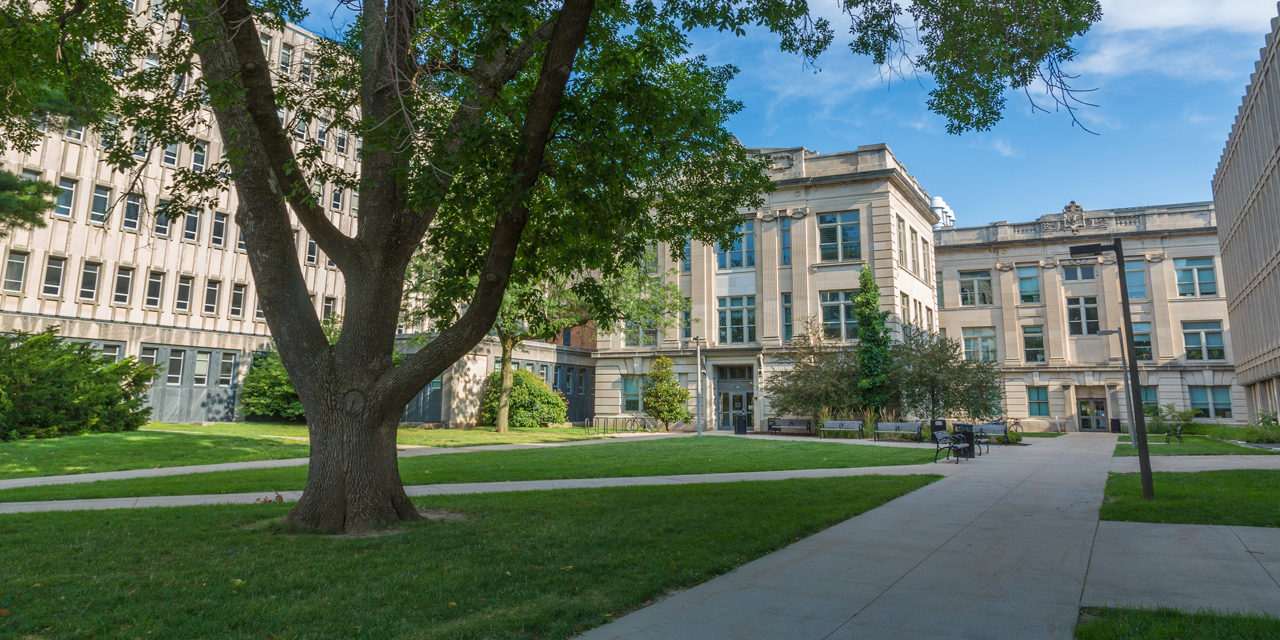It’s a familiar story. This time it involves the University of Iowa targeting Christian clubs with separate rules it does not impose on other clubs. Business Leaders in Christ (BLinC) was kicked off campus for requiring its members and leaders to believe in and abide by the Christian faith. Problems arose for the club when one of its members sought a leadership position in the group. When he admitted to the club’s leadership that he thought he might be gay and, when asked, also declined to refrain from homosexual conduct, his leadership opportunity request was denied. The student filed a complaint with the University, which deregistered BLinC, an action that resulted in the club’s loss of student activity fees, use of campus facilities for meetings, and communication avenues, among other campus privileges.
The University allows clubs to accept only like-minded students as members and leaders,* so long as they do not discriminate on the basis of a list of protected traits. Those traits include: “race, creed, color, religion, national origin, age, sex, pregnancy, disability, genetic information, status as a U.S. veteran, service in the U.S. military, sexual orientation, gender identity, associational preferences, or any other classification that deprives the person of consideration as an individual, and that equal opportunity and access to facilities shall be available to all.”
That policy might have been constitutional if it had been equally applied to all student clubs on campus.
However, the University allowed other student clubs to make membership and leadership decisions in violation of the non-discrimination policy. For example, it allows LGBT clubs to limit membership on the basis of sexual orientation; race- and ethnic-based clubs to limit membership based on race and ethnicity; single-sex clubs to restrict membership to one sex, etc.
A federal judge recently decided that the University’s selective application of its non-discrimination policy violated BLinC’s First Amendment’s free speech and religious freedom rights, and has permanently barred the University from continuing its wrongful treatment of BLinC.
The club is represented by the Becket Fund for Religious Liberty, and Eric Baxter is its vice president and senior counsel. In a press release, Baxter said:
The university wanted a license to discriminate, and Judge Rose said no way. This ruling is a win for basic fairness, but it is also an eloquent plea for civility in how governments treat Americans in all their diversity. As a governmental body bound by the First Amendment, the University should have never tried to get into the game of playing favorites in the first place, and it is high time for it to stop now.
Becket is also representing another Christian student club in a similar lawsuit against the University of Iowa. That case is Inter-Varsity Christian Fellowship v. University of Iowa. We hope and expect to see another positive outcome in that case because of BLinC’s legal victory.
*University of Iowa’s policy differs from an “all-comers policy” that some universities have, which requires all clubs – including Christian clubs – to accept anyone who wants to be a member or run for leadership positions, which the U.S. Supreme Court has ruled is allowable under the First Amendment.
Photo by Tony Webster






